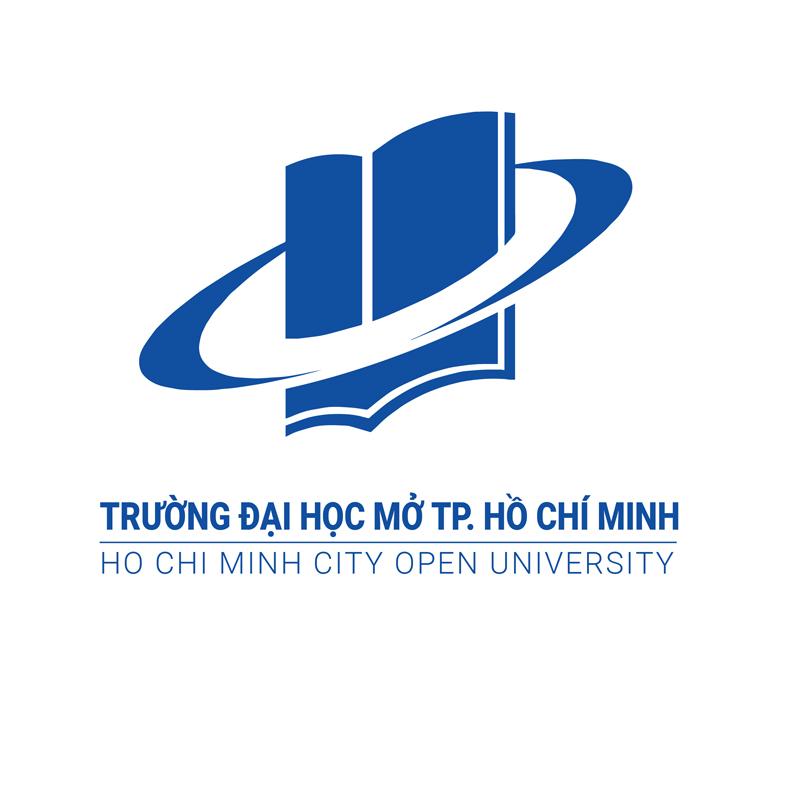Elevating the academic experience by boosting student dialogue and feedback
Ho Chi Minh City Open University personalises learning pathways by engaging with students throughout their academic journey
Share
Sponsored content: created in partnership with Ho Chi Minh City Open University.
Universities are taking a proactive approach to modernising the curriculum and learning pathways. However, the challenge lies in finding the right method to modernise education offerings and meet the needs of diverse learners at scale. Nguyen Minh Ha, president of Ho Chi Minh City Open University in Vietnam, outlines various successful strategies the university has adopted to personalise learning pathways, widen accessibility and boost diversity in its student cohorts.
Established in 1990, Ho Chi Minh City Open University is one of the leading multidisciplinary public universities in Vietnam. The university not only provides holistic education but also prepares its students to excel in the future world of work. Currently, the university has more than 21,000 full-time students, 13,000 part-time students and 600 faculty members.
Nguyen Minh Ha explains that the training programmes and courses at the university offer flexibility to all learners. When developing training programmes, the university takes opinions from relevant parties and prospective students to ensure that the programme closely follows the needs of society and learners. The university currently offers courses at different academic levels, ranging from on-campus training for high-school graduates to postgraduate programmes for those who wish to strengthen their knowledge.
It also offers distance and e-learning programmes to support working students and learners who cannot attend courses on campus. To provide further flexibility, the university allows learners to change courses if they meet the admission criteria mandated by Vietnam’s Ministry of Education and Training.
“Each training programme has different goals and training methods to meet the diverse needs of students and increase access to education,” explains Nguyen Minh Ha. Ho Chi Minh City Open University offers scholarships for students from diverse backgrounds, such as students with disabilities, learners who come from low-income backgrounds and those who face challenges due to natural disasters. He adds that this enables the university to comprehensively meet their learning needs and widen accessibility.

Establishing effective feedback channels is key to maximising learning outcomes, says Nguyen Minh Ha. “The university always respects the opinions of students in the process of developing and implementing training programmes,” he explains. Examples of such initiatives include questionnaires and surveys offered to students each semester, covering three broad areas: courses, programme content and teaching methods.
Specialised teams review the results from student surveys to identify pain points and assess academic quality. “If a lecturer receives unsatisfactory evaluations from students, the department will not continue to invite them to lecture,” explains Nguyen Minh Ha. “If a tenured lecturer receives poor evaluations, they will have points deducted from their performance assessment, which affects their annual ranking as a lecturer.”
Moreover, each class is assigned a head teacher and a study advisor. Students are encouraged to bring their concerns to them through multiple channels such as phone, email and messaging applications such as Zalo. The feedback is carefully reviewed during
departmental meetings and used to enhance learning pathways. This is also one of the strategies used to create equality for all students and expand educational opportunities, concludes Nguyen Minh Ha.
